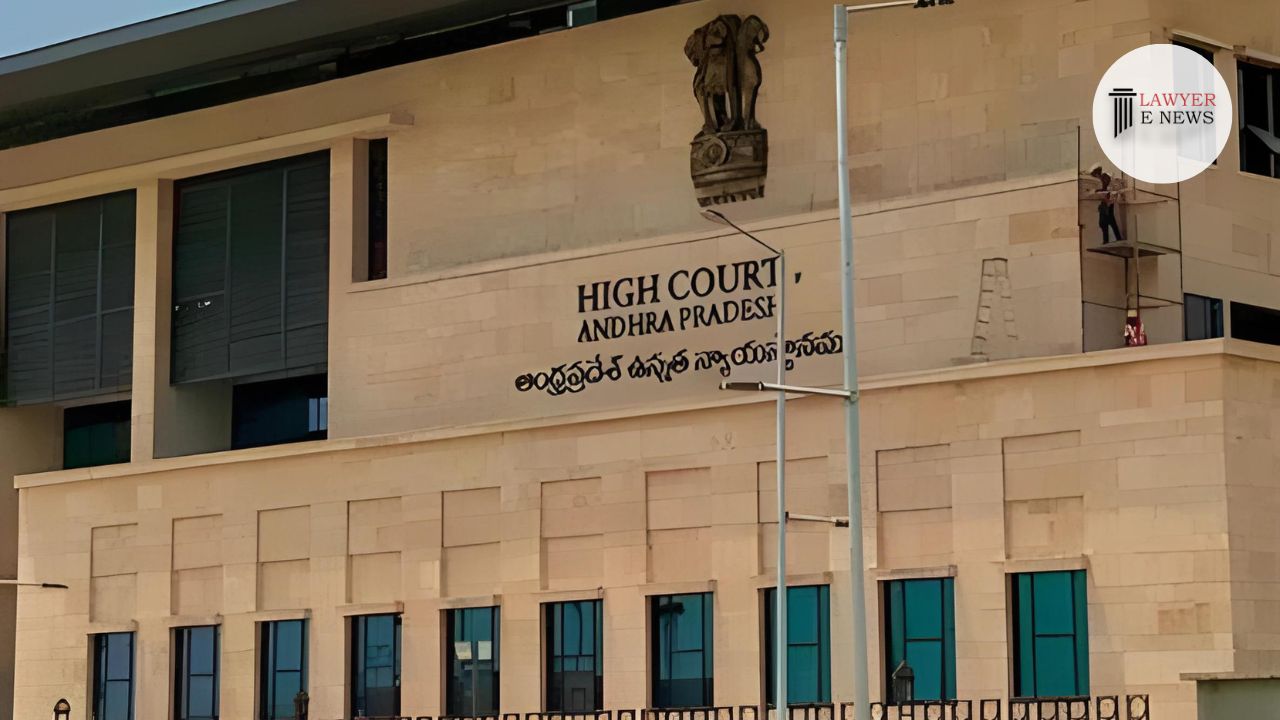-
by Admin
15 February 2026 2:16 AM



Andhra Pradesh High Court, in Sali Chanti vs. The State of Andhra Pradesh & Ors., quashed the termination of the petitioner’s mid-day meal contract at Zilla Parishad High School (Z.P.H.S.), Telaprolu, for violating principles of natural justice. The Court ruled that the termination, issued without giving the petitioner an opportunity to be heard, was arbitrary and unlawful.
The petitioner, Sali Chanti, had been appointed in 2005 as the mid-day meal implementing agency at Z.P.H.S. Telaprolu, Krishna District, and had been performing her duties without any complaints. On September 9, 2024, her contract was terminated by the 6th respondent without any prior notice or explanation, prompting her to file a writ petition under Article 226 of the Constitution, seeking reinstatement.
Whether the termination of the petitioner’s mid-day meal contract without giving her an opportunity to be heard violated the principles of natural justice.
Whether the respondents could terminate the contract without following due process as laid out in earlier government orders.
Violation of Natural Justice: The Court emphasized that the principles of natural justice require any administrative action affecting a person’s rights to be preceded by notice and an opportunity to be heard. The termination of the petitioner’s contract without a show cause notice was arbitrary and violated Articles 14 and 21 of the Constitution, which ensure the right to equality and protection of life and personal liberty.
Due Process and Show Cause Notice: The Court observed that the termination order was contrary to government procedures, which require issuing a show cause notice and considering the petitioner’s response before passing any adverse order.
The Andhra Pradesh High Court quashed the termination order, directing the respondents to allow the petitioner to continue implementing the mid-day meal program at the school. If the respondents still intended to terminate her services, they were instructed to issue a show cause notice, provide an opportunity for the petitioner to explain her case, and pass appropriate orders after a fair hearing.
The Andhra Pradesh High Court’s ruling underscored the importance of following due process and ensuring fairness in administrative actions. The Court reinstated the petitioner as the mid-day meal implementing agency and quashed the termination order for violating the principles of natural justice.
Date of Decision: October 16, 2024
Sali Chanti vs. The State of Andhra Pradesh & Ors.
